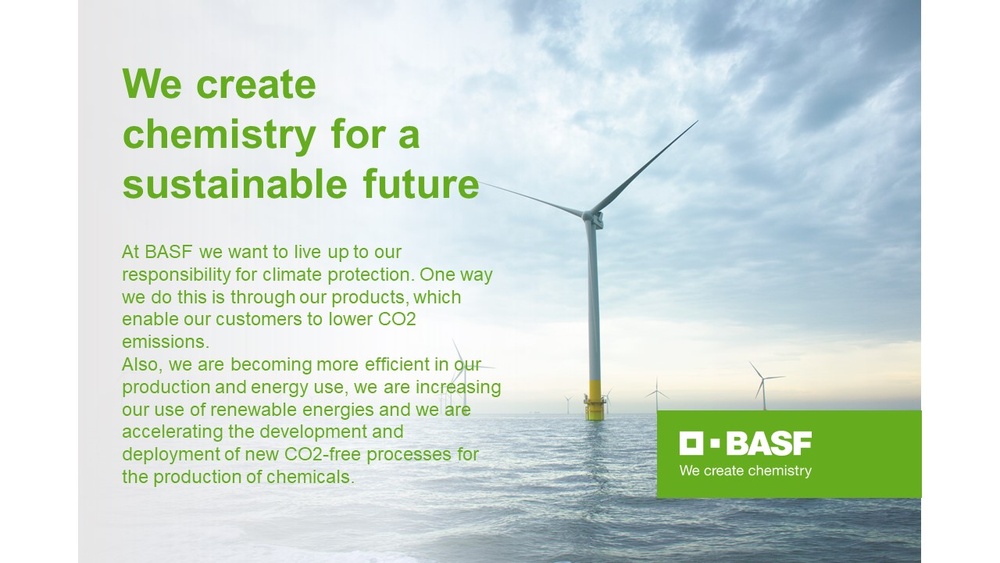18 March 2022

Germany and Norway in preliminary talks of building hydrogen pipeline link
In order to advance the energy transition in Europe, Germany and Norway have decided to further strengthen cooperation on green industry, renewables and offshore wind, hydrogen and circular economy. As a result, it has been agreed that a joint review will be conducted with a view to make large-scale transport, including via pipeline, of hydrogen from Norway to Germany possible. In order to cope with the high-volume imports of hydrogen and ensure the rapid availability thereof, the parties have agreed to use blue hydrogen for a transition period.
Norway and Flanders join forces in the energy transition
Flanders’ Prime Minister Jan Jambon met with Norway’s Minister of Petroleum and Energy Terje Aasland in Oslo on 17 March to discuss the crisis in Europe and in the energy market following Russia’s invasion of Ukraine. During the meeting, it was clarified that Flanders and Norway aim to continue working constructively to roll out various low-carbon technologies and want to take a pioneering role in Europe. Both Ministers see carbon capture and storage as part of the climate solution, especially for energy-intensive industry, and want to continue the good cooperation in the North Sea Basin Task Force. In addition, goals to complete a bilateral agreement under the London Protocol by the end of the year were established, so that CO2 transport between Flanders and Norway can become a reality in the near future.
The Swedish Energy Agency supports innovation cluster GIVE
Within the framework of the Bio+ program, the Swedish Energy Agency has announced its decision to provide financial support to the innovation cluster GIVE. The innovation cluster is emerging as part of HOPE: Norrköping Science Park’s investment in an accelerator for growth companies in printed and organic electronics. The purpose of GIVE is to give bio-organic energy innovations the opportunity to create benefits for people, companies and the planet and will primarily work to create meetings between actors with common needs and goals, as well as spread knowledge about energy, climate and resource-efficient innovations.
Plant-based innovations from Finland
From green walls to indoor gardens, the Finnish nature has grown an innovative approach to utilising plants in a number of industries. With the benefit of nature, Navaa combines modern technology and Nordic design by creating green walls that feature a system of active biofilters that magnify the natural ability of plants to reduce harmful organic compounds in air. Earlier this year, the company secured an investment of EUR 7 million.
Another successful plant-based innovation comes from VTT Technical Research Centre of Finland, which has developed a technology for using agricultural waste containing pectin, such as citrus peel and sugar beet pulp, as raw material for polyethylene furanoate (PEF) plastics for replacing polyethylene terephthalate (PET). Lastly, Turku-based Plantui enables the possibility of growing plants year-round with their smart indoor gardens that treat plants to just the right amount of water, light and nutrients. Their solution has a low energy consumption, a long life cycle and is fully renewable.
Finnish companies make progress in circular, bioeconomy products
A number of Finnish firms have begun to make progress in creating circular and bioeconomic products, especially within the textile industry. For example, Nordic Bioproducts Groups has succeeded in spinning a new plant-based, toxin-free textile fibre called Norratex. Producing the fibre consists of two stages, the cost-effective and environmental-friendly hydrolysis of cellulose and the processing of the output into the viscose-like fibre. The method can utilise textile waste, ordinary paper pulp and forest industry by-products.
Finnish company Lounais-Suomen Jätehuolto (LSJH) has been awarded an investment grant of EUR 5.2 million by Business Finland for constructing a full-scale end-of-life textile refinement plant in Turku. The plant will process end-of-life textiles collected from households across Finland by local waste management companies which will make Finland the first country in the world to collect post-consumer textiles nationwide for reuse and recycling. The aim is to have the plant operating in 2025.
Clean Motion AB published year-end report 2021
For 2021, Clean Motion, a manufacturer of low cost EVs reported that revenues amounted to SEK 2 million and an operating loss of SEK 3.6 million.
What we’re reading
- Belgium on verge of delaying 2025 nuclear power exit (Reuters)
- Germany supports EU proposal to end sales of combustion engine cars from 2035 (Clean Energy Wire)
- Swiss Re cuts fossil fuel cover for oil, gas to protect climate (Reuters)
About Nordic Green News
The Nordic countries are some of the most dynamic and successful economies in the world. They are also leaders in sustainability, from renewable energy, biofuels, carbon capture and storage and the hydrogen economy, circular economy business models and battery development, the Nordics are pioneers in policy design, technology development and consumer uptake. Mundus Nordic Green News is covering this transition for the international community. Every day we curate the stories of most relevance to international businesspeople and policy experts from the flow of news. Mundus Nordic Green Indices summarise the meta-data from our daily coverage to enable easy tracking of trends. We supplement these with our own opinion pieces and commentary.
